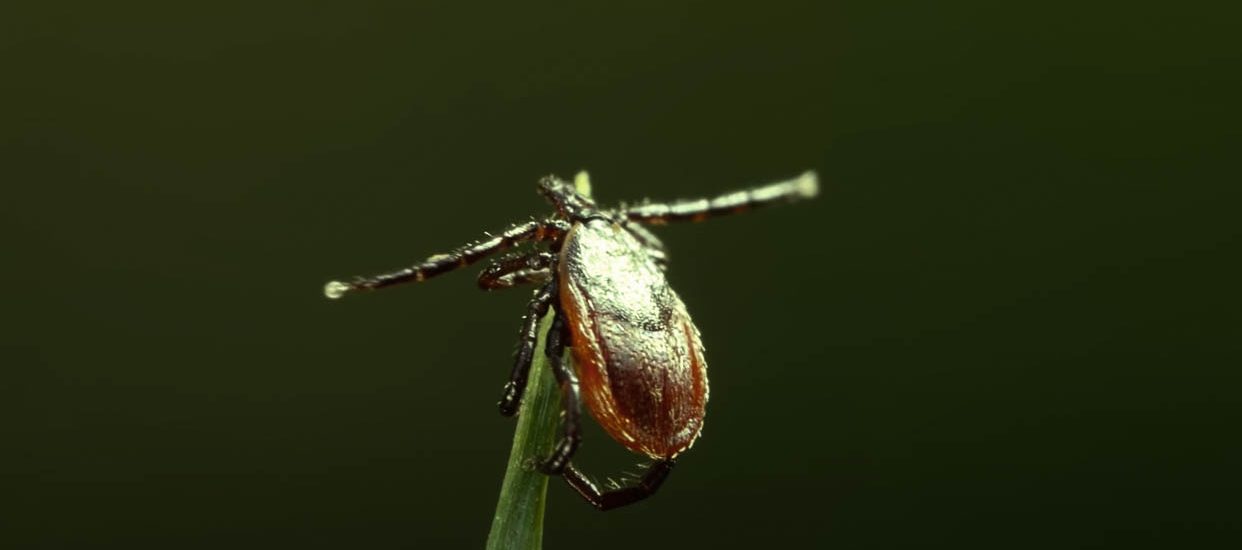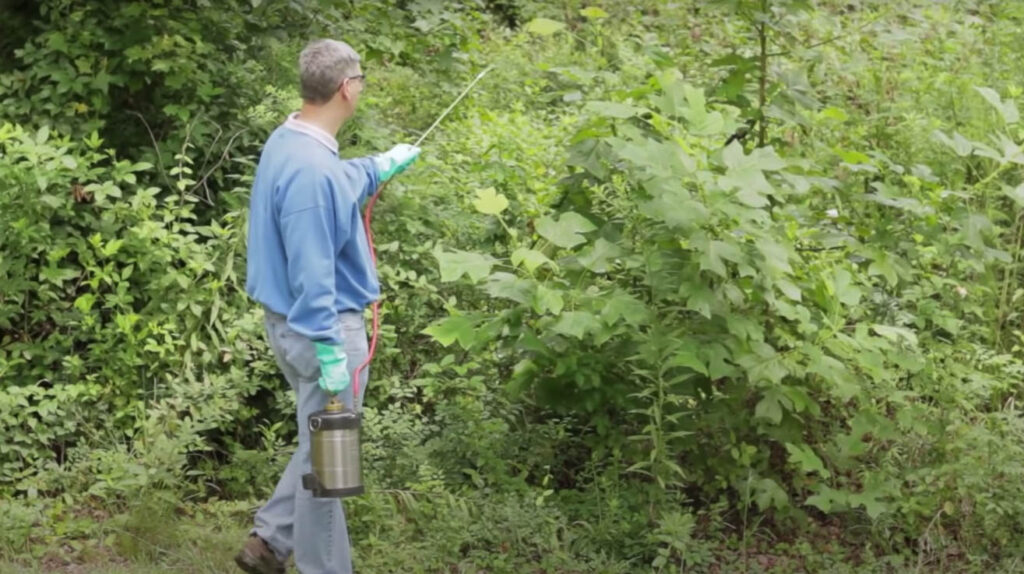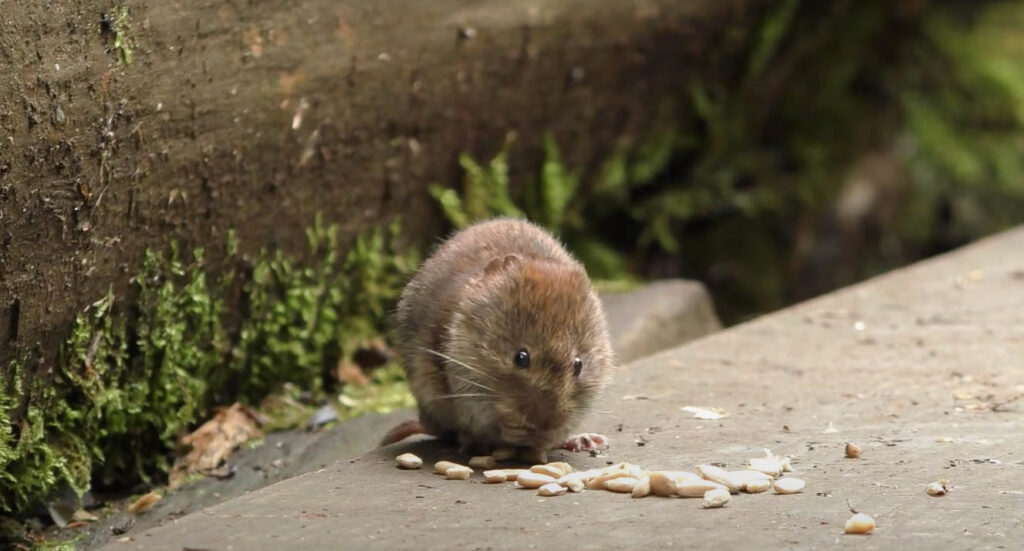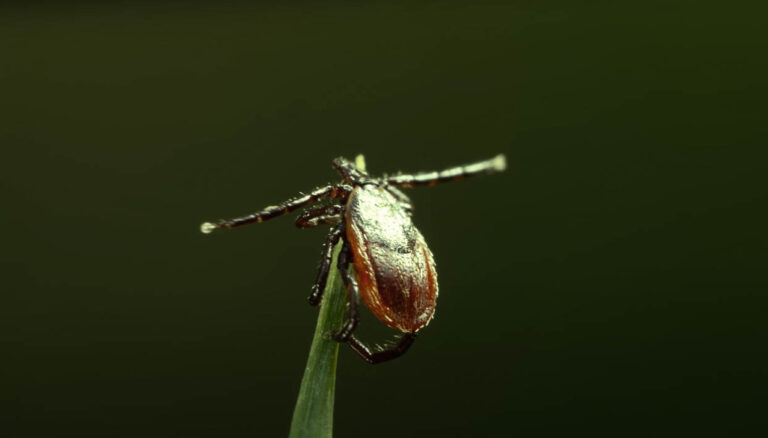How to get rid of ticks in the yard?
How to get rid of ticks in the yard?
Ticks are common occupants of yards. They attach to their hosts with a process called questing. This process requires climbing to the top of vegetation to get access to hosts as they go through an area. If you’re concerned about ticks infesting your property, as anyone should be, making your yard unattractive to them should be a top priority.
You need to keep ticks off your property because blood is a major part of their diet, and they spread diseases as they take blood meals. In this article, we highlight tips for getting ticks off of your yard.
Remove debris
Debris in different forms provides great hiding and nesting spots for ticks. The critters particularly like shaded and humid areas and debris creates suitable habitats for them. Keep your yard debris-free to keep it tick-free. This means removing leaves, grass, and brush around your property. You also want to mow your lawn regularly to keep it tick-free.

Apply pesticides
Pesticides can help keep down the population of ticks in an area and essentially get them out of your yard. Pesticides are most effective when they are used according to the manufacturer’s instructions. You should confirm the best conditions for using the products for maximum effects. You also want to confirm whether there are regulations guiding the use of pesticides in your area.
Keep rodents away
Ticks can be introduced into your yard by hosts such as rodents. Rodents are the commonest hosts of relapsing fever ticks. Relapsing fever ticks and other ticks will be attracted to an area with a rodent infestation. Keeping rodents away by making your property generally clutter-free will help to reduce the population of ticks in the area. You should secure your garbage cans to discourage the activity of rodents. You also want to keep wood properly stacked in an area with a low level of humidity.
Keep deer away
Deer are another important hosts of ticks. Hard ticks, such as blacklegged ticks, maintain close relationships with deer and can be introduced that way. You can install fences to discourage the activity of deer in your yard. You can also grow deer repellent plants that will also discourage deer activity in the area.
Remove tick hiding places
Any spots with shade and moisture is a possible hiding spot for the critters. Paying attention to such possible spaces and removing them is important for keeping ticks out of your property for good. Old mattresses and furniture stacked in your yard can make great hiding spots for the critters. Look out for them and remove them. You also want to remove clear tall grasses that are around your home and close to the end of your lawn. You also want to keep decks, playground equipment, and patios away from the end of your lawn so as not to create hiding spots for the critters.

Moving these items away from the end of lawns will help to prevent tick bites and the spread of the ticks that could come from wooded areas. Keeping grass short and not overwatering it will also help to keep ticks away. Overwatered grass provides the moisture that ticks need to hang around.
Separate recreational areas from wooded areas
Ticks are bound to dwell in wooded areas. To control their spread and essentially keep them away from your lawn, yard, and recreational areas of your property, you could create a barrier of wood or gravel.
Create a barrier of about 3 feet with wood or gravel to control the activity of ticks that may be in wooded areas. You could also create this barrier around your house while you control the activity of ticks to prevent indoor infestations.
Another way of making direct barriers to control the activity of ticks is to surround shrubs and trees with mulch. This will discourage the critters from making their home underneath the shrubs and trees.
Ticks infest your yard in search of blood meals and will establish large populations if they find suitable habitats. Your home will always be attractive to the critters because their hosts live there. For making your home and surroundings unwelcoming for them, they will lose the motivation to hang around and will be on their way soon.





